With Western Australia’s first design title launching, “more” design capital certainly won’t mean “less”…
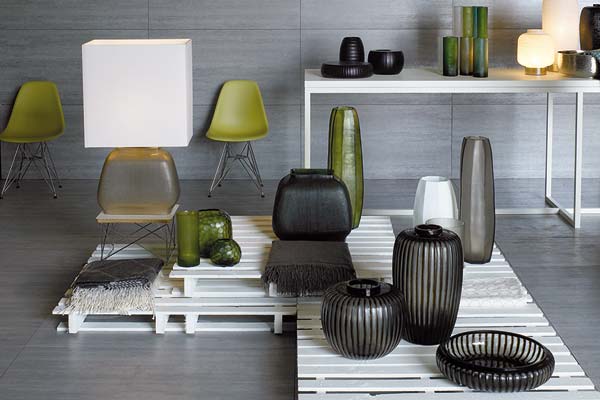
January 22nd, 2016
With Western Australia’s first design title launching, “more” design capital certainly won’t mean “less”. A platform to promote and inform local talent and creatives, but also a chance to embroider and strengthen the burgeoning WA design scene as our cultural fabric runs a renaissance course.
Much as television cooking programs have expanded vocabulary and helped to establish more experimental culinary repertoires, an opportunity now exists to widen design dialogues, expand collective thinking on design, and ultimately, bring real, tangible innovation to the front line of our very own design scene.
Conscious of the global climate, particularly Europe’s present challenges, design houses in Europe are shifting in mindset and are moving away from furnishing the excessive consumption required by capitalist models. Collections are more concise. The emphasis is on value and tradition with a healthy side of sustainability to create designs and products with integrity, personality and a genuine longevity.
Many corporate social responsibility missions were put firmly to one side during the financial crisis. Seen as an unaffordable expense at the time, these are now being refocused by a need for design to reflect ethical and moral values more than ever. From the corporate level to the individual, the design-buying market is increasingly global in thinking. Where are materials sourced? How are they used? What environmental considerations are taken into account? And this is where the human side of designing and making is carving out a new slice of the pie. One journalist asked: “While migrants flock through Budapest, could you conscionably walk down the street with an AUD$20,000 handbag?” Designing with conscience is becoming a stronger requirement in the design process.
The “story” attached to objects, especially in the luxury sector, needs to be a human one. It needs to value the preciousness of all materials and not just the dearest. Same with skills and manufacturing methods. Rarity is to be reflected in specialist skills and not in elite exclusivity.
As such, sustainability also needs to be viewed with two lenses. The ecological. And also the social. Fine skills of human craftsmanship that battled recent years to maintain a market share are to be embraced and celebrated. But first they need to be recognised. And the only way to build an awareness, an ability to truly “see” the value of, and in, design, is to question it, debate it, and endorse the victors. As designers we can do no less than teach. As consumers, we can always ask more.
On the whole we should be looking at consuming less by knowing what will last. We should be prepared to invest in objects that are made to outlast their creators. We should certainly know what we are buying. Ney, we have a responsibility to know what we are consuming. When we truly learn to live with less, we’ll escape the curse of “more”.
Ultimo
ultimointeriors.com.au
INDESIGN is on instagram
Follow @indesignlive
A searchable and comprehensive guide for specifying leading products and their suppliers
Keep up to date with the latest and greatest from our industry BFF's!
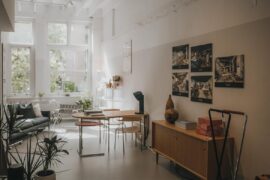
Sydney’s newest design concept store, HOW WE LIVE, explores the overlap between home and workplace – with a Surry Hills pop-up from Friday 28th November.
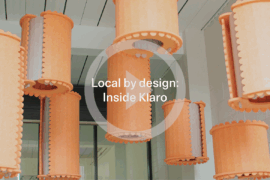
In an industry where design intent is often diluted by value management and procurement pressures, Klaro Industrial Design positions manufacturing as a creative ally – allowing commercial interior designers to deliver unique pieces aligned to the project’s original vision.
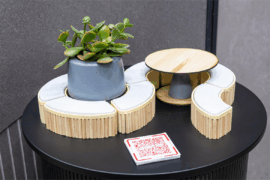
From the spark of an idea on the page to the launch of new pieces in a showroom is a journey every aspiring industrial and furnishing designer imagines making.
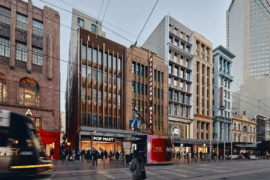
Merging two hotel identities in one landmark development, Hotel Indigo and Holiday Inn Little Collins capture the spirit of Melbourne through Buchan’s narrative-driven design – elevated by GROHE’s signature craftsmanship.
Locally made in Brunswick, Victoria from the finest locally sourced timbers, the Xilo range from Insitu is sure to add character to any setting.

Design firm Bean Buro turned to abstract environmental artworks for inspiration for a project it has dubbed the ‘Green Office’.
The internet never sleeps! Here's the stuff you might have missed
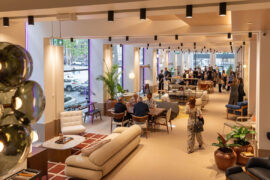
Stylecraft opens its new Collins Street showroom, unveiling curated design spaces and Ross Gardam’s Dwell collection.
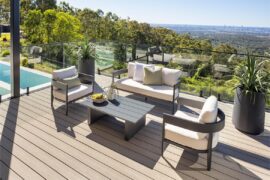
It’s designed for how you live, not just for how it looks.
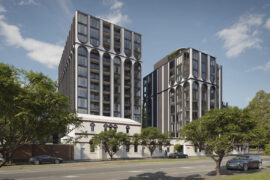
At Melbourne Design Week, Plus Studio brought together planners, designers and local government voices to unpack the realities of urban densification.
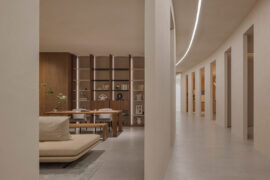
The Simple Living Passage marks the final project in the Simple World series by Jenchieh Hung + Kulthida Songkittipakdee of HAS design and research, transforming a retail walkway in Hefei into a reflective public space shaped by timber and movement.